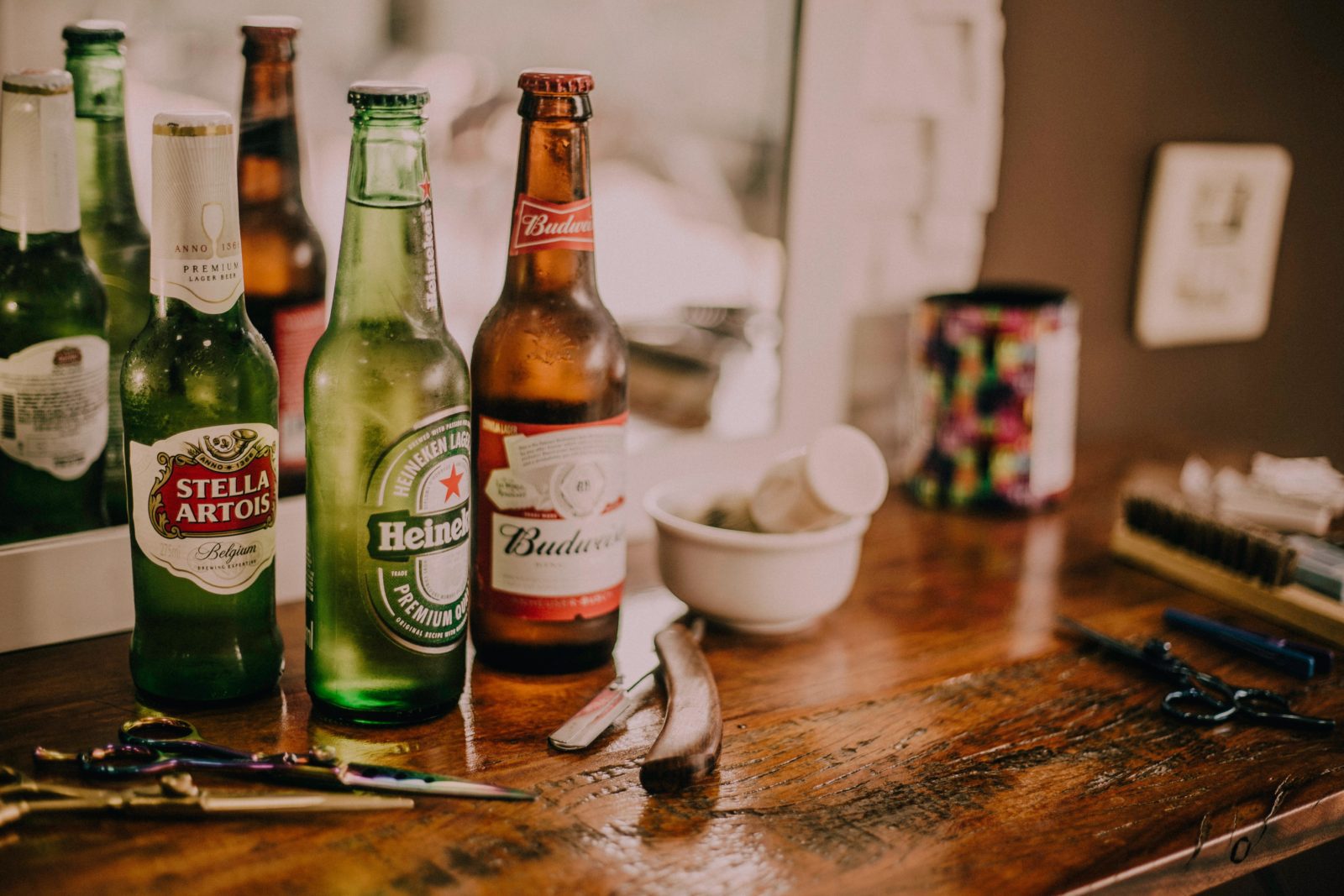In a recent report, Czech customs officials have announced a substantial rise in illegal alcohol discovered during inspections. Over the first eight months of this year alone, customs officers have seized three times the volume of illicit alcohol compared to the previous year. This enormous surge has been attributed to increasing inflation, increased excise tax, and efforts to evade international sanctions.
The confiscated unmarked alcohol has been found in vehicles and in pubs, bars, and shops selling mixed goods. The most common types of illegal alcohol include smuggled bottles without labels and liquor stored in containers lacking proper documentation. The Czech customs administration has responded to the extraordinary influx of unmarked alcohol on the Czech market, which has raised concerns about public safety.
“We based our efforts on various sources of information, including media reports highlighting the availability of unmarked alcoholic beverages,” explained Petr Müller, the director of the Supervision Department at the General Customs Directorate. Müller added that the unlawful activities of sellers and traffickers of illegal alcohol are closely linked to changes in tax regulations, inflation, and anticipated price hikes for hard liquor.
The increase in illegal alcohol interceptions has raised questions about the underlying reasons for this surge. The current excise duty on ethanol stands at 32,250 Czech korunas per hectoliter. For a half-liter bottle of 40% alcohol, the excise duty amounts to 65 Czech korunas. According to a consolidation package aimed at supporting the state budget, the alcohol tax is set to increase by one-tenth next year and by five percent annually over the following three years. Distillers have previously warned that the current tax system would lead to complications, as wine, beer, and spirits are subject to varying levels of taxation.
According to Jakub Gottwald, Secretary of the Union of Distillers, this situation further strengthens the black market. Czech customs officers have focused their inspections on smugglers, traders, owners, and operators of bars and restaurants. Between January and the end of August this year, the customs administration confiscated nearly 8,500 liters of alcohol, with over 5,000 liters seized from personal vehicles and vans on the roads.
South Moravia and Olomouc regions have reported the highest quantities of untaxed alcohol, mainly transported by vehicles from Italy to Lithuania. “We have frequently encountered vehicles with Bulgarian license plates, and in seventeen instances, we have seized over a thousand liters of unmarked alcohol,” said Hana Prudičová, spokesperson for the customs administration.
According to the accompanying documents, some shipments were intended for Russian consumers. This raises concerns about circumventing international sanctions. However, Prudičová also noted that tax regulations are often violated by individuals transporting liquor from private distilleries without the necessary permits. Some individuals even sell distillates intended solely for personal consumption.
To combat the trade of unmarked alcohol, customs officers have intensified inspections at markets, restaurants, bars, cafes, and shops selling mixed goods, where such beverages are commonly traded. During these operations, they have discovered over 500 liters of unmarked alcohol, with one Prague bar alone being found with nearly 200 liters of such beverages stored in plastic containers.
In their efforts to prevent a repeat of the methanol affair that shook the Czech Republic in 2012 and claimed 47 lives, customs officers now use spectrometers during inspections to detect the presence of methanol in alcoholic beverages. So far, no cases of methanol contamination have been confirmed.
Producing alcohol and other beverages containing ethanol is subject to regulations under the laws governing business activities, alcohol, excise duties, and mandatory labeling. Each bottle of alcohol must bear a special control strip that is invalidated once the bottle is opened. Violations of the law can result in penalties of up to five million Czech korunas.
The surge in illegal alcohol poses severe risks to public health and safety, and Czech customs authorities are committed to further intensifying their efforts to combat this growing problem. With the rise in confiscations and the identification of smuggling routes, they aim to curtail the illegal trade and protect consumers from potentially dangerous substances.





